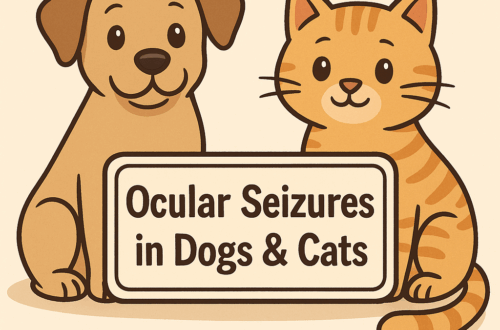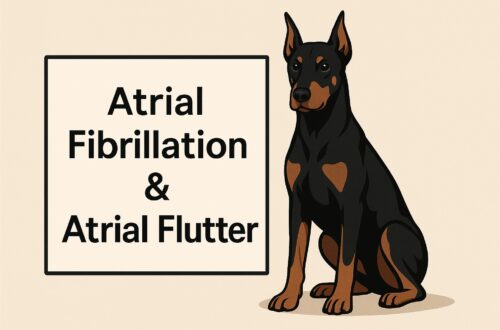Sometimes medical issues in our cats and dogs are straightforward to diagnose and treat. More often, however, health problems can be ambiguous. This week’s post is dedicated one of the most common and vague reasons for which pet owners bring their pets to be evaluated by veterinarians, that is: weakness. I hope you find the information insightful. Happy reading!
What is weakness?
Weakness is the inability to initiate a task and is often confused with fatigue and lethargy. What’s the difference? Fatigue describes an inability to continue to perform a task once started, and lethargy is defined as altered mental and/or physical alertness and activity. Despite these subtle differences, all of these terms are routinely used interchangeably. However, knowing the true difference may be helpful in figuring out the cause of a pet’s health issue.
What causes it?
This is the $64,000 question! There are so many potential causes of weakness. Figuring out the definitive cause can be frustrating to both pet owners and veterinary teams (yes, veterinarians often get just as frustrated as pet owners when we don’t get answers). Major possible causes of weakness in cats and dogs are:
- Electrolyte & mineral disorders
- Acid-base abnormalities
- Neurologic problems
- Cardiovascular disease
- Hormone disorders
- Anemia
- Immune-mediated diseases
- Infectious diseases
- Inflammatory conditions
- Blood pressure changes
- Airway problems
- Pain
- Drugs & toxins
- Nutritional deficiencies
- Stress
As you can see, this list is quite extensive. Within each category is a slew of potential diseases. As such, pet owners may find it unique helpful to partner with both their family veterinarian and board-certified veterinary specialists to develop a logical and cost-effective strategy for figuring out why their pet is weak.
How is it diagnosed?
Recognizing weakness in cats and dogs is straightforward. Weak patients aren’t as active as usual. They don’t want to or can’t exercise. They want to stay in their beds. When they do walk, they may stumble and/or only be able to take a few steps before laying down.
What isn’t always straightforward is the cause of weakness. Veterinarians will obtain a thorough patient history and perform a complete physical examination. The information gleaned from these two tests will help guide veterinarians to develop a logical diagnostic plan for this not-so-straightforward problem. Indeed, patient history and physical examination are the two most important initial diagnostic tests. For that reason, please do your best to answer all of the veterinary team’s questions as thoroughly as possible. The information you provide could help veterinarians accurately diagnose your pet in a timely manner.
Veterinarians advocate for a logical approach to diagnostic testing, working from non-invasive tests to potentially invasive ones. Most commonly, recommended tests involve sample blood, urine, and/or feces. Diagnostic imaging in the form of radiographs (x-rays), ultrasonography, and/or advanced imaging (e.g.: computed tomography/CT scan and magnetic resonance imaging/MRI) may be indicated. Occasionally, most invasive investigation like surgical biopsies may be needed to obtain a definitive diagnosis.
How is weakness treated?
Specific treatment(s) are determined based on an accurate definitive diagnosis. For that reason, I can’t underscore enough the importance of making a proper diagnosis. Understandably, weakness caused by uncontrolled discomfort from osteoarthritis is managed very differently than pericardial effusion. Unquestionably, making a solid diagnosis requires an appropriately thorough diagnostic investigation. Furthermore, veterinarians can provide families with meaningful information about prognosis when they’ve been able to make a definitive diagnosis.
The take-away message about weakness in cats and dogs…
Weakness is one of the most common concerns for which pet owners bring their fur kids to veterinarians. There are multiple potential causes of weakness in cats and dogs. A pet’s treatment(s) and prognosis are based on an accurate and timely diagnosis.
To find a board-certified veterinary internal medicine specialist, please visit the American College of Veterinary Internal Medicine.
Wishing you wet-nosed kisses,
CriticalCareDVM









